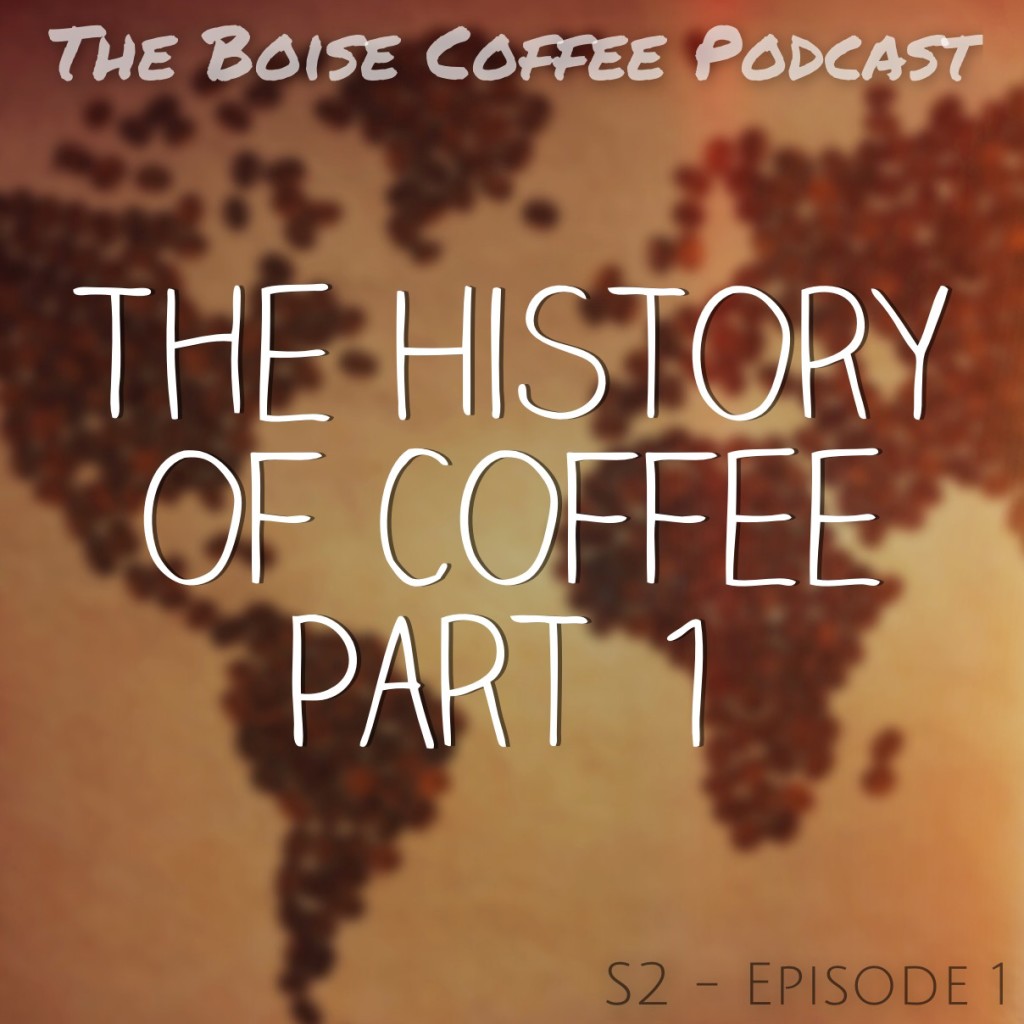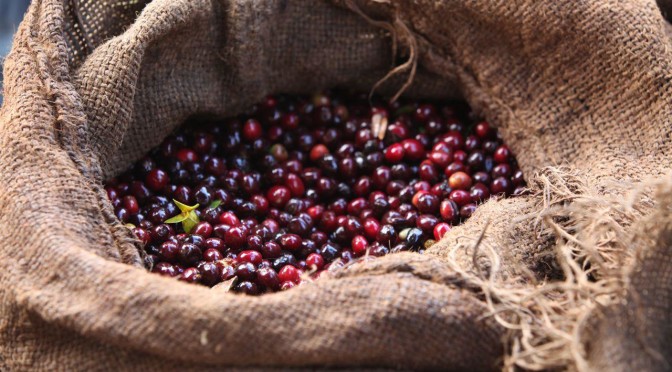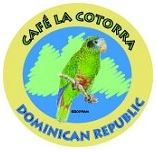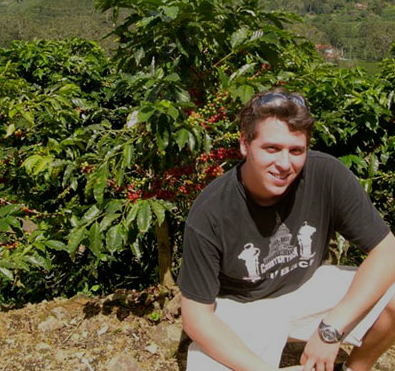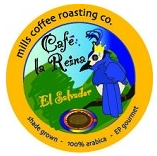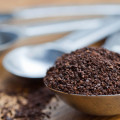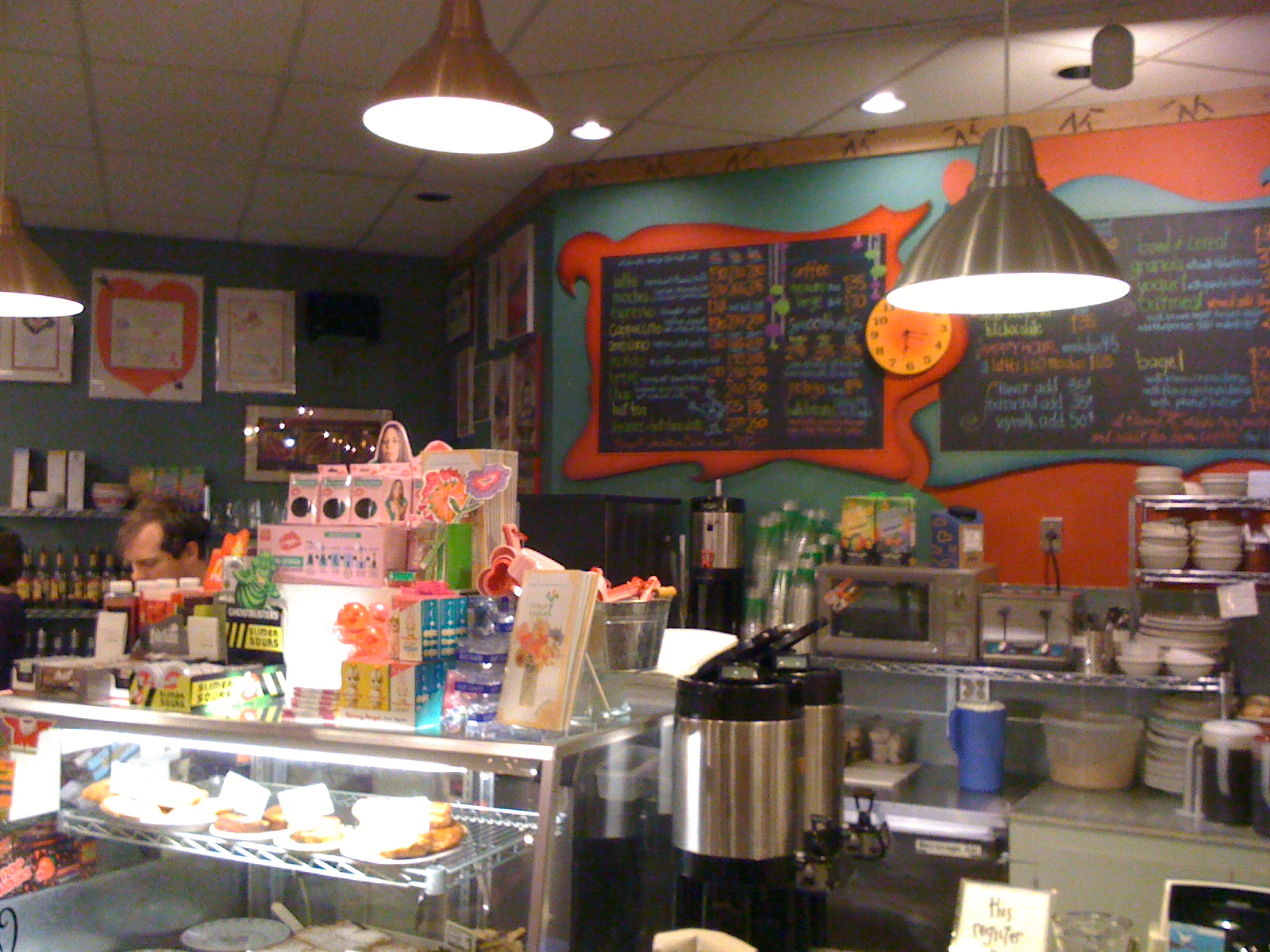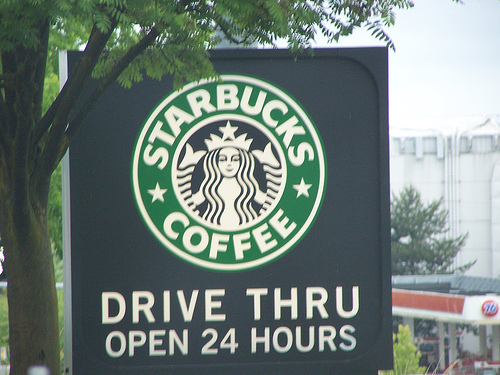
I recently had an interesting discussion with someone online regarding the role of Starbucks in the coffee industry. I frequently scoff at Starbucks on my Twitter account, and am quick to point out the error of those who suggest Starbucks sells a superior product. In fact, in the past I’ve written about how the closest thing to a compliment that you can give them is that they deliver a consistent product, despite them selling a bad product.
The conversation between me and this person was short. It was regarding coffee in America, and I was speedy on my trigger finger, saying that Starbucks was ruining coffee in America by putting sub-par products out there. This person corrected me, suggesting instead that Starbucks virtually invented the coffeehouse persona that we know so well today. The trendy, relaxing coffeehouse, filled with people staring intently into their MacBooks was not widespread before Starbucks came along. I relented, agreeing with this person. Because, of course, that is correct.
But Starbucks has a ton of money, a dedicated fan base, and a brand that is easy to buy into due to its being developed over the years. What about the local coffee shop or roaster that is trying to gain traction in today’s world?
There is a certain brand of coffeehouse and roaster that has been developed over time. More than likely, the development of this subset has something to do with the rise of social media, which makes it easy for the “word-of-mouth” effect to spread quickly all over the world. I am referring to what I have dubbed “Glocal Coffee.” Glocal is a kind of buzzword these days, referring to the convergence of local society and the global sphere. In terms of coffee, this almost always has something to do with a coffee shop or roaster effectively using the internet to build their brand, sell their coffee, and converse with customers from all over the world.
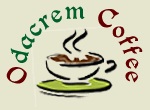 Odacrem Coffee out of Albuquerque, New Mexico is a Glocal Coffee roaster, and they pull it off well. All it takes is a mere glance at their “Reviews” page to know that their business is of the Glocal variety. What gives them away? Nevada. Washington. Oregon. Ohio. New York. Colorado. Their reviews come from all over the United States. Another dead giveaway is the fact that they include quotes from Twitter on their website.
Odacrem Coffee out of Albuquerque, New Mexico is a Glocal Coffee roaster, and they pull it off well. All it takes is a mere glance at their “Reviews” page to know that their business is of the Glocal variety. What gives them away? Nevada. Washington. Oregon. Ohio. New York. Colorado. Their reviews come from all over the United States. Another dead giveaway is the fact that they include quotes from Twitter on their website.
From their “About” page:
We are a small family-owned roastery based in Albuquerque, New Mexico. While Albuquerque is now our home, a place that we love and do business in, our Coffee roots extend deep into Central America’s El Salvadoran and Costa Rican Coffee Farms. It is there in San Salvador that our Master of Roasting was born and grew up on the family farm, from early child hood helping to plant, nurture, pick the cherries from the coffee trees as well as process and dry the coffee beans.
I’ve been to many local coffee shops and roasters from all over the United States, and I always love connecting with ones that clearly have deep roots in their area. It appears as though Odacrem Coffee is one such roaster – yet they have found a way to do more than simply entrench themselves in the community around them.
I cannot underscore the importance of this in today’s world. It is incredibly easy to set up an online store, Facebook page, and Twitter account. And really, that’s all a small business needs in order to take their company from local to Glocal. I don’t mean to oversimplify the process, because tools aren’t nearly enough to complete the task of getting new customers and opening new avenues of sales. My point is that the tools are available to everyone who is willing to use them.
Odacrem Coffee has made great use of these tools, and that is what sets them apart in my mind. They actively use their Twitter account, and their Facebook page is already garnering customer interaction.
Odacrem Coffee reached out to me on Twitter and asked me to do a formal review of their coffee. This is my favorite way to discover new coffee shops and roasters because I get to experience a completely new brand without any context for how they started, who they are, or how long they have been in their area. It was exhilarating to discover Odacrem’s story and experience their coffee. They sent me samples of their Colombian and O Da Crema coffees, each of which were delicious in their own rite.
The O Da Crema stuck out to me as being the more diverse of the two. While it was good by itself, when I paired the O Da Crema with some breakfast foods, such as granola, I was struck by its complimentary deliciousness. When paired, the mild acidity that the coffee naturally contains played well with the food I was eating, and it really made this coffee stand out to me. I enjoyed a cup in the morning, or when snacking in the afternoon.
The Colombian was a different from the O Da Crema in that regard: I enjoyed it more as a solo cup, unpaired with food. While at first I thought the coffee was slightly bitter, I soon realized that it was actually more acidic than anything else. This is betrayed mainly by the sweet, fruity smell that rises with the steam from the coffee. The taste was constant, and actually good in that regard. It pulls no tricks on you, and I found the Colombian to be a great, bright coffee to sit down with and enjoy.
Odacrem Coffee has a great product. I am looking forward to trying their Tanzanian Peaberry, which goes for only $10.00/lb on their website!
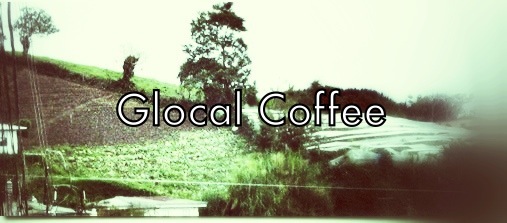
In a divided world of chain coffee vs. local coffee, Odacrem Coffee successfully carries out the much needed task of bridging the gap. Is it possible to create a great product and still get it out to people all over the world? Glocal Roasters like Odacrem Coffee believe so, and it appears to be working. I hope that they continue to grow and reach out to more people across the U.S. and beyond. They are using social media tools well, and they are delivering a delicious product. What more could we, as consumers, ask for?
As a note, you can try Odacrem Coffee out before you buy it. Click here for more info. Free coffee? What’s not to love?
The Coffee Guy
